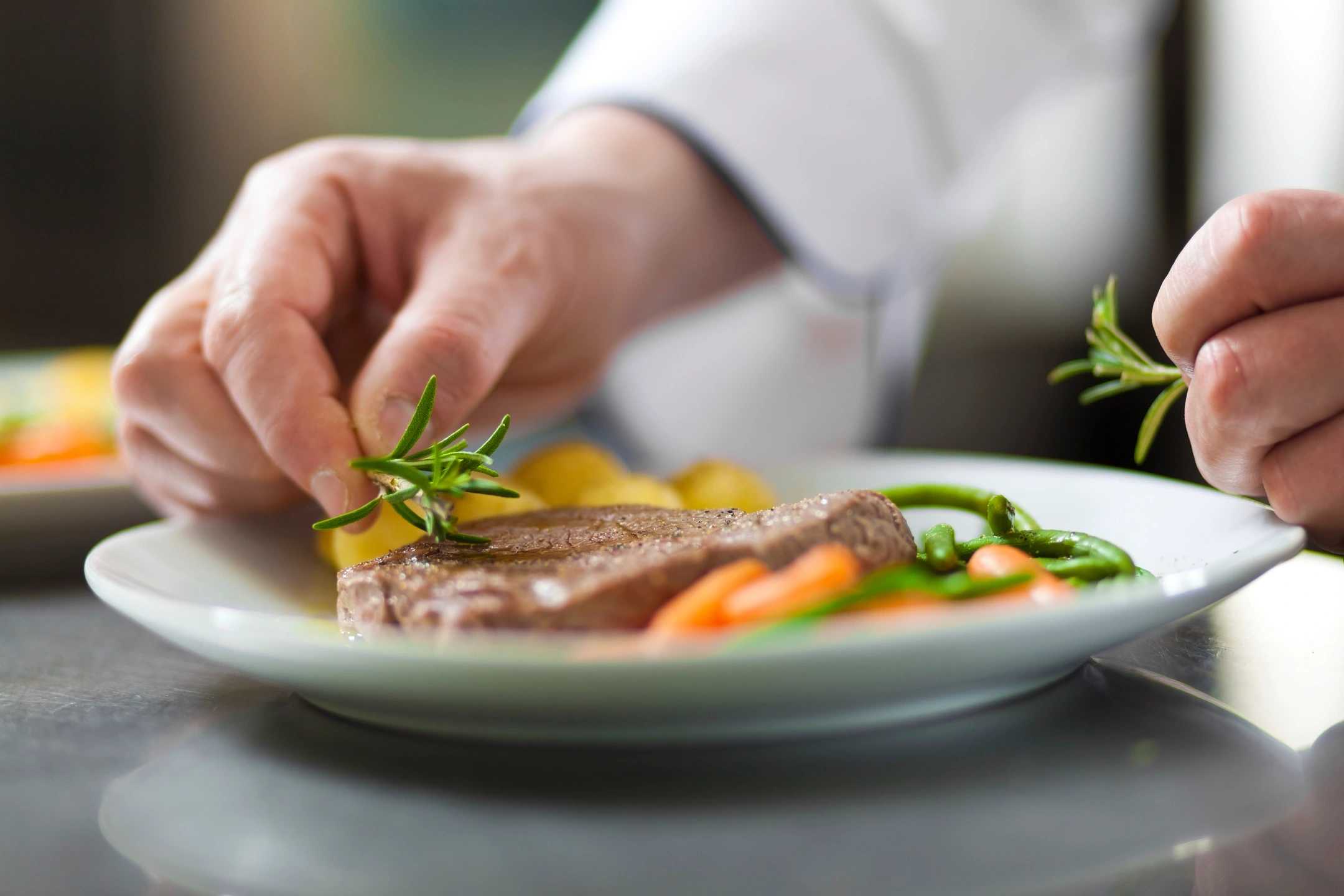[ad_1]
One of the master basket weavers of the Pomo Native American Tribe was Elsie Allen, the author of a number of how-to books in the art of Pomo basket weaving. She worked to preserve this art form that defines her people and Elsie’s descendants carry on that legacy today.
Born in 1899, Elsie was raised by her grandmother in the Cloverdale area of northern California. The young girl learned the art of Pomo basket weaving from her mother, Annie Burke, and her grandmother, Nellie Burke, as well as a number of other older Pomo women that congregated at the family home. These women spent hours weaving these items, which were given as gifts, sold, or kept as heirlooms.
At the age of eleven, Elsie Allen was captured by government authorities, who packed her off to a boarding school to learn the English language and American ways. She continued to practice her basket weaving craft while she was away to ensure that she would not forget the techniques that were taught to her by her family and people.
Elsie returned to her family as a young woman and took up weaving with her family right where she had left off. Once she had married, Elsie had to work a variety of jobs, such as a domestic and a farm laborer, which left her very little time to practice the craft that she loved. It was at this point that her mother Annie began to train Elsie’s children in this ancient craft.
An interesting tradition among the Pomo basket weavers included the burial of their baskets and weaving equipment and tools with them when they died. Annie begged Elsie to ignore this tradition as she wanted her daughter to have these items when she could begin her own basket weaving craft again. Upon Annie’s death, Elsie retained all these valuable artifacts and kept her promise to her mother.
In the 1940s and 1950s, Elsie Allen organized the Pomo basket weavers and began to write books describing the steps that are used in making these extraordinary items. The money raised from her writings and the baskets that the weavers sold was used to help Pomo families in distress, to set up Native American college scholarships, and to finance a large lawsuit on behalf of the Pomo tribe.
Elsie Allen also served as a Pomo activist, fighting for the reclamation of Native American land and struggling to establish equal rights for her people in a very biased 1950s California. She also began to teach Pomo basket weaving to anyone who wanted to learn, regardless of race. As many of her students were white women, her own people began to criticize her as undermining their way of life.
In 1972, Elsie wrote of her disappointment in her attempts to pass on the Pomo basket weaving craft. Very few of her students at this point were Native Americans, although the attention that her classes drew from universities did help the Pomo people to be accepted by the general population.
In 1980, Elsie Allen finally found an apprentice that could learn and pass on the art of Pomo basket weaving in the form of her great-niece, Susie Billy. This niece continues to teach Pomo basket weaving classes and has served as a collaborator on several books detailing this art form.
In 1990, upon Elsie Allen’s death, the collection of baskets and tools that belonged to Annie Burke as well as items that were added by Elsie passed on to Elsie’s oldest daughter, Genevieve Allen Aguilar. Genevieve has placed this valuable collection of Pomo artifacts on a long-term loan to The Mendocino County Museum, where the works of these incredible women can still be viewed.
[ad_2]
Source by Beverly Sugarman
